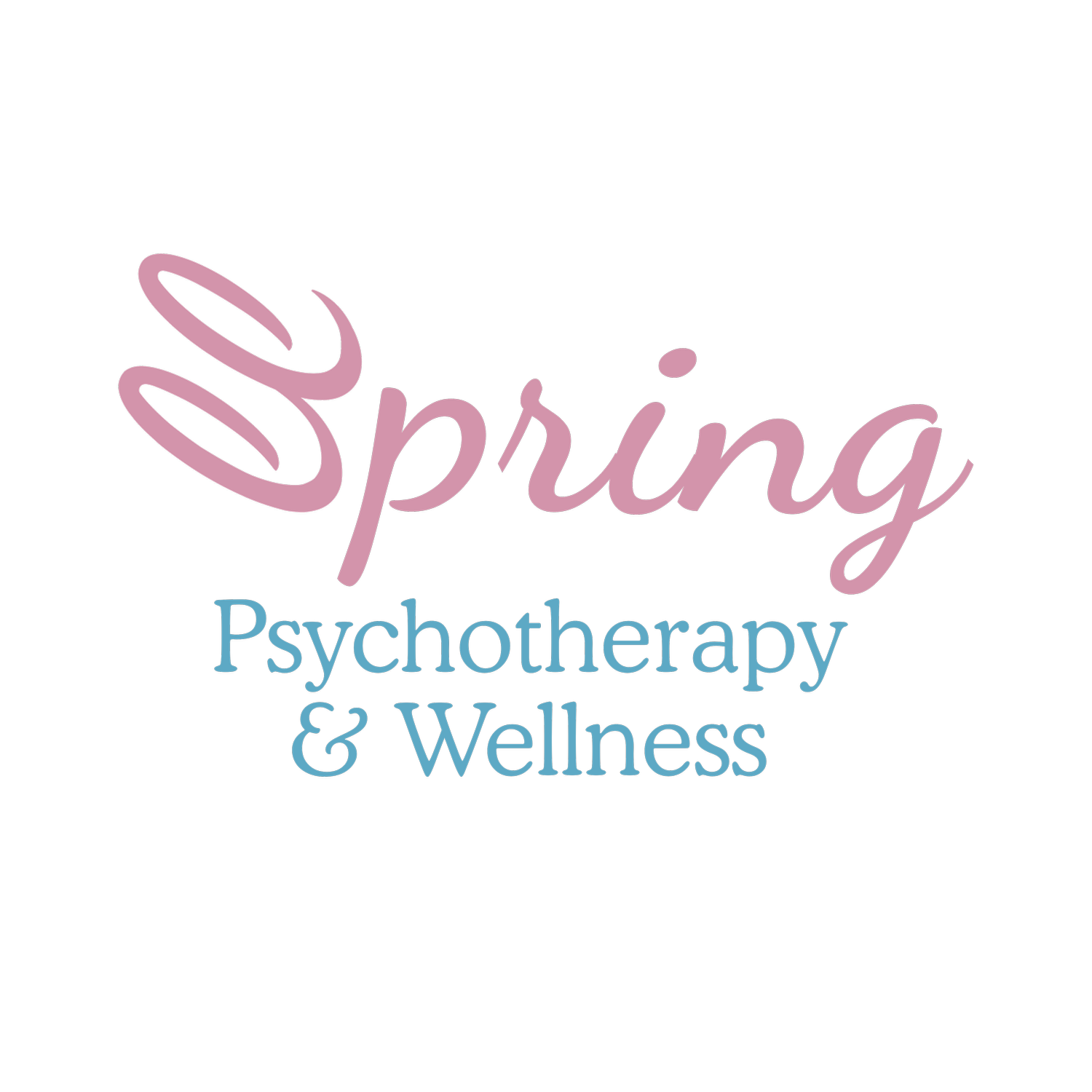Orthorexia Looks Like
Orthorexia is a type of disordered eating that is characterized by an obsession with healthy eating. People with orthorexia may restrict their diet to a very narrow range of foods, or they may become obsessed with the purity or quality of their food. Orthorexia can have a serious impact on a person's physical and mental health, and it is important to seek help if you or someone you know is struggling with it.
Here are some signs and symptoms of orthorexia:
An obsessive focus on healthy eating. People with orthorexia may spend hours each day planning their meals, researching the purity of their food, or preparing their food in a specific way.
A fear of eating "unhealthy" foods. People with orthorexia may avoid certain foods or food groups because they believe that they are unhealthy or impure.
A sense of guilt or shame after eating food perceived as"unhealthy". If people with orthorexia do eat something that they consider to be unhealthy, they may feel guilty or ashamed.
A restrictive diet. People with orthorexia may restrict their diet to a very narrow range of foods, or they may eat only certain types of food that they believe to be healthy.
Social isolation. People with orthorexia may avoid social situations that involve eating because they are afraid of eating something that they consider to be out-of-bounds.
Weight loss. Orthorexia can lead to weight loss, especially if people are restricting their diet significantly.
Malnutrition. Despite being hyper-focused on “health,” those with Orthorexia can develop malnutrition, especially if people are avoiding certain food groups or nutrients.
If you are concerned that someone you know may be struggling with orthorexia, it is important to talk to them about it. Be supportive and understanding, and encourage them to seek professional help.
Here are some tips for talking to someone who may be struggling with orthorexia:
Start by expressing your concern. Let the person know that you are worried about their eating habits and that you want to help.
Avoid judging or criticizing their eating habits. Remember that orthorexia is a serious eating disorder, and people with orthorexia are often struggling.
Encourage the person to seek professional help. A therapist can help the person to understand their orthorexia and develop a plan to recover.
If you are struggling with orthorexia yourself, please know that you are not alone. There are people who care about you and want to help. Please reach out to a therapist or other mental health professional for support.
Here are some additional resources that may be helpful:
Project Heal: https://www.theprojectheal.org
The Eating Disorders Coalition: https://www.eatingdisorderscoalition.org/
The National Association of Anorexia Nervosa and Associated Disorders: https://anad.org/
The National Eating Disorders Helpline: https://www.nationaleatingdisorders.org/help-support/contact-helpline

